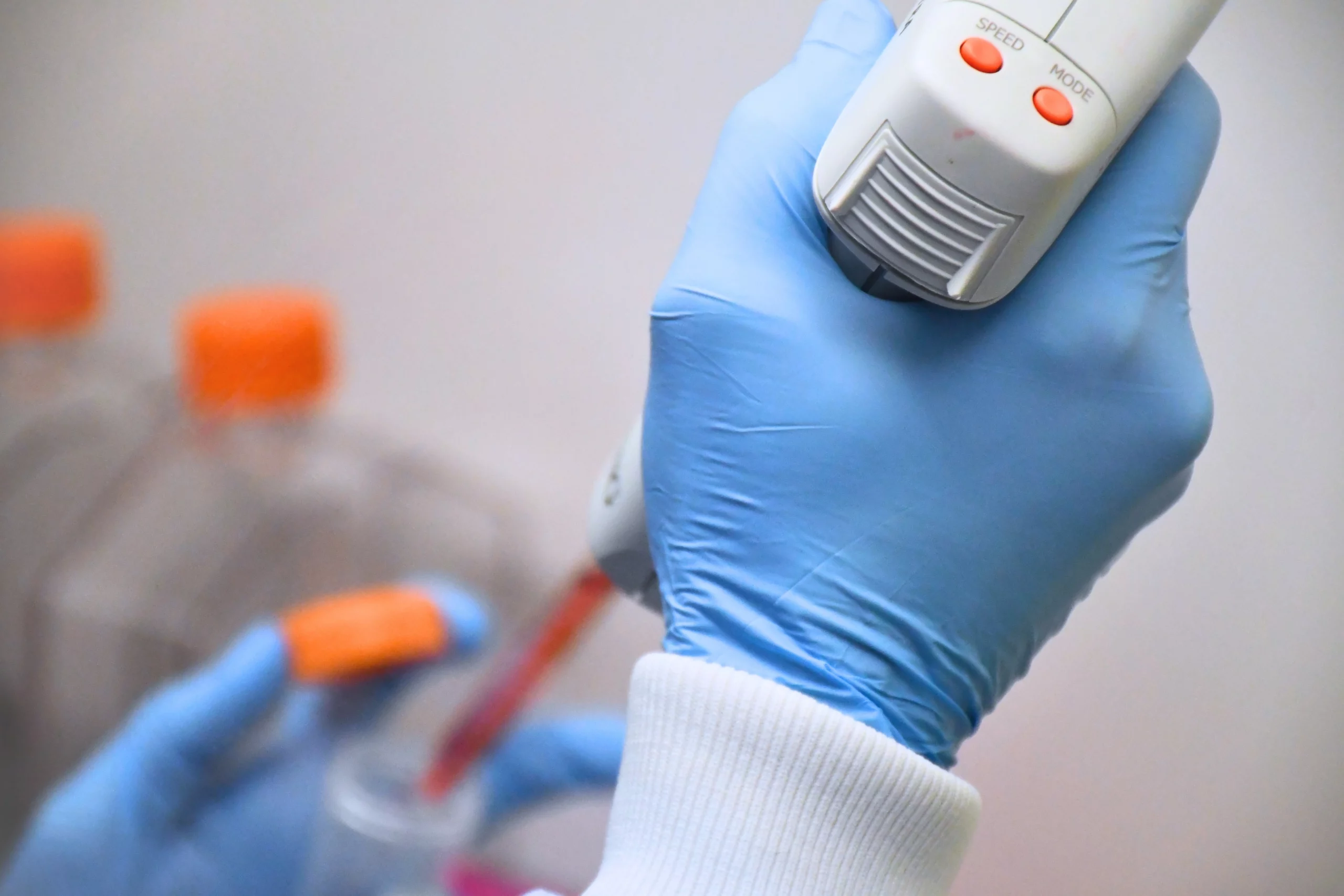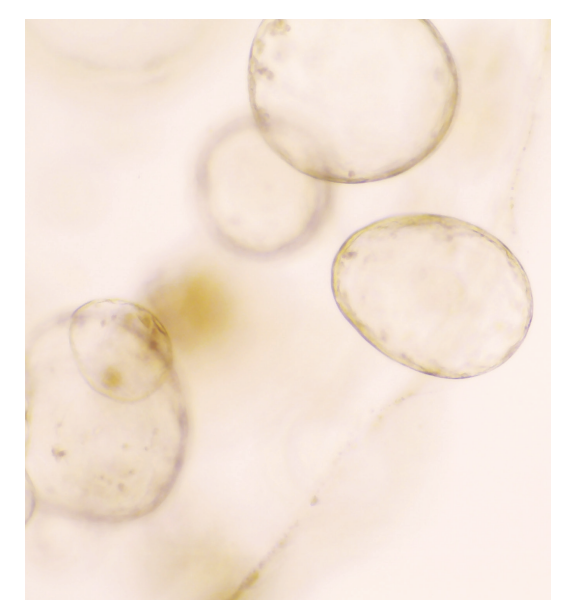Sustainability
Improving the sustainability and efficiency of our laboratories
Sustainability
Improving the sustainability and efficiency of our laboratories
Environmental Sustainability In Research
As an Institute, we are committed to mitigating the environmental impact of our research.
We are pursuing a number of initiatives across the Institute, including joining the Laboratory Efficiency Assessment Framework (LEAF) programme, with the aim of all our research and core facility laboratories achieving at least Silver certification by the end of 2025.
A note on sustainability from Stuart Pepper, our CLO
The CRUK MI recognises the importance of planning for a sustainable future. The potential impacts of research activity are highly varied – from the energy needed for fume cupboards or ultra-low temperature freezers, to the wide range of plastic containers that are used or, the rapid development of new equipment. On top of this we use significant amounts of computing power to analyse our data. The challenge for all research Institutes is to find ways to adapt our work to achieve environmental sustainability, without slowing the pace of research aimed at improving patient outcomes.
CRUK MI is fortunate to be part of the University of Manchester and as such has access to a large support network of staff all engaged in delivering the ambitious targets set by the University (see more). We also work closely with other CRUK funded Institutes to share expertise and ideas for reducing the environmental impact of our work (see CRUK policy).
One of the key strategies we have used is to adopt the Laboratory Efficiency Assessment Framework (LEAF) developed by UCL (see link). This gives a structured framework for labs to engage with and measure progress against. We have established a Sustainability Working Group with representatives from every lab team in CRUK MI; by working together we were able to make rapid progress and after 9 months all labs had achieved Bronze and 11 labs were at either Silver or Gold. During 2025 our aim is to ensure that all laboratory activity has achieved the Gold level of accreditation.
We are making this progress by building sustainable thinking into all activity. In the same way that when planning any work we would naturally think about Health and Safety, we now need to start to include consideration of the environmental impact of an activity and consider whether there are less impactful ways of achieving the same outcome.
Improvements can come in different ways – some are behavioural (such as remembering to turn off lights or close the sash on fume hoods), others are making informed choices on which products to buy and some can be down to reconsidering experimental design with sustainability in mind.
In summary we will make progress towards a sustainable future by working together with colleagues to share ideas and experience, and by bringing the same creativity to our sustainability planning that we bring to our research.
Environmental Sustainability at the University of Manchester
The University of Manchester environmental sustainability strategy (2023-28) sets out the commitment to using the full range of our knowledge and influence – both in our local communities and across the world – to lead progress towards a healthier, more sustainable world.
.jpg)
CRUK Expectations for all researchers and Host Institutions undertaking cancer research
CRUK expects all researchers and Host Institutions we fund to ensure that the research they conduct is environmentally sustainable. Researchers and Host Institutions should:
- reduce energy and water consumption, switching on equipment only when it is needed and sharing its use with others;
- reuse equipment, materials and consumables, using organisational schemes to facilitate sharing and avoid single use plastics if reusable alternatives are available and viable;
- recycle waste products through institutional facilities and limit using general waste;
- reduce general wastage in research by conducting research in an open and robust manner, specifically by following requirements set out in (for example) CRUK Open Access-, Data Sharing and Management- and Research Integrity policies.

Get in touch
Our Research
Our research spans the whole spectrum of cancer research from cell biology through to translational and clinical studies
Research Groups
Our research groups study many fundamental questions of cancer biology and treatment
Our Facilities
The Institute has outstanding core facilities that offer cutting edge instruments and tailored services from expert staff
Latest News & Updates
Find out all our latest news




